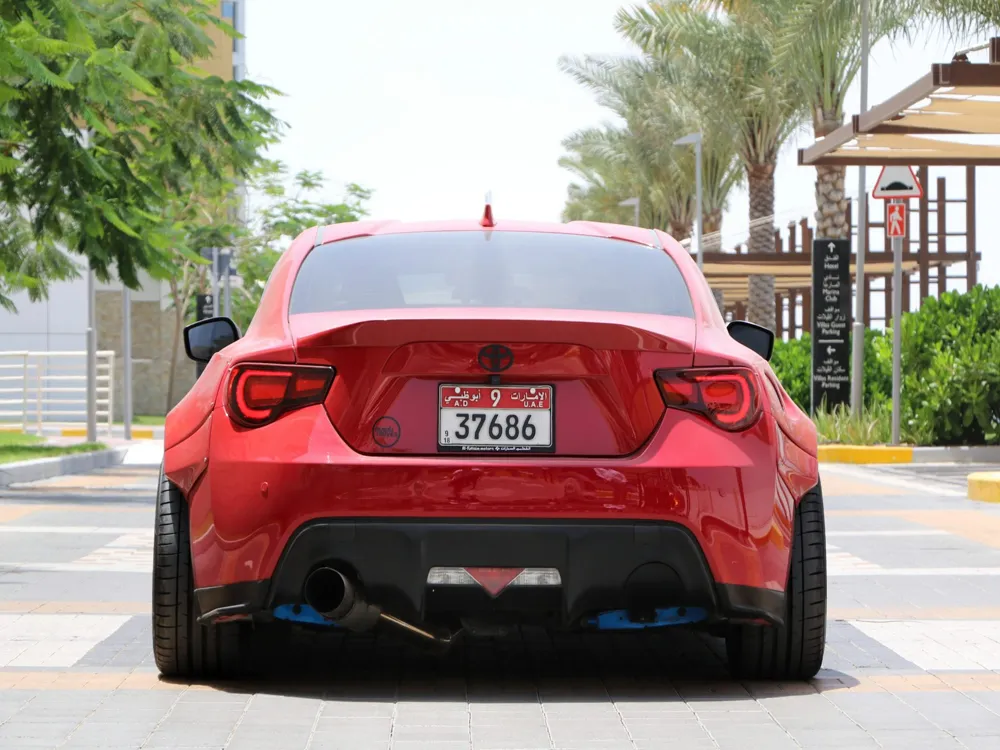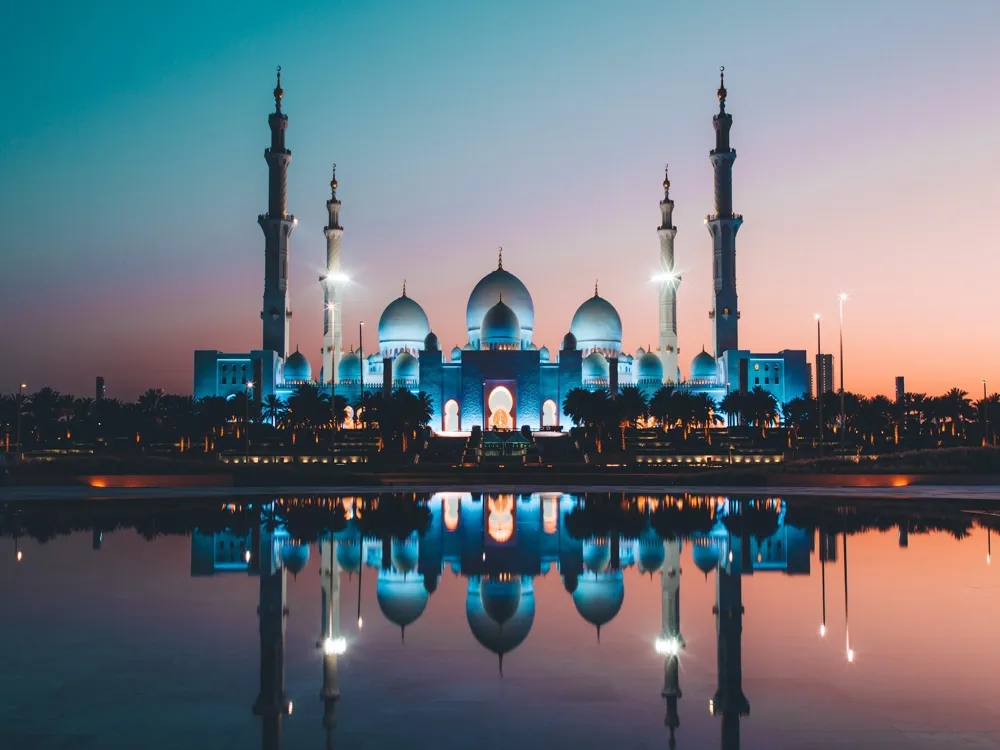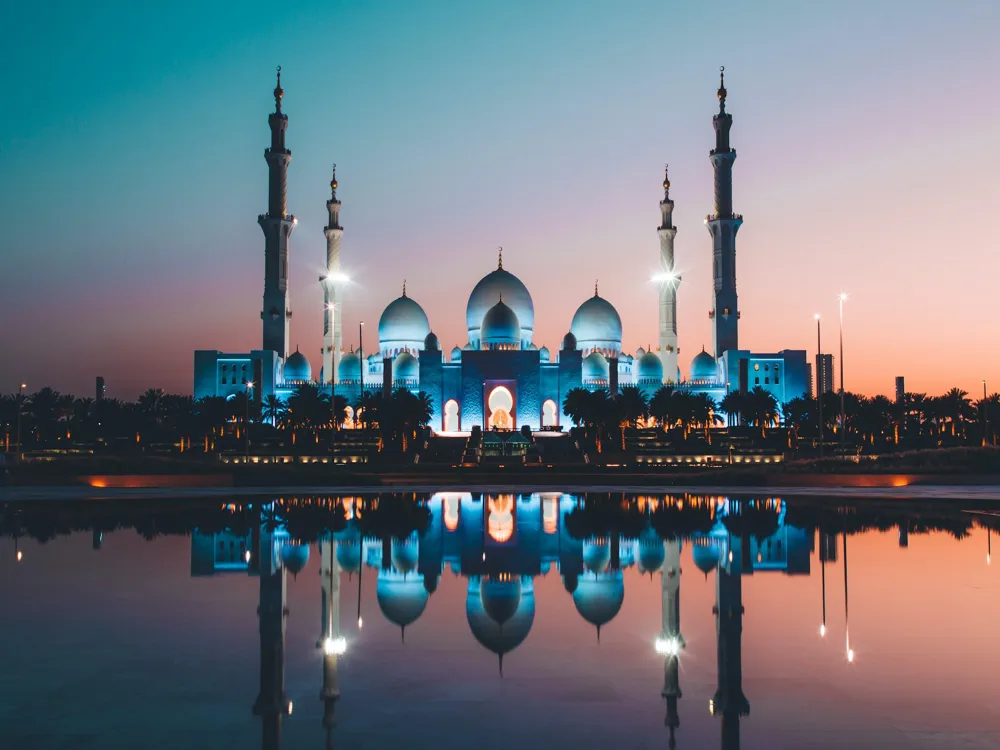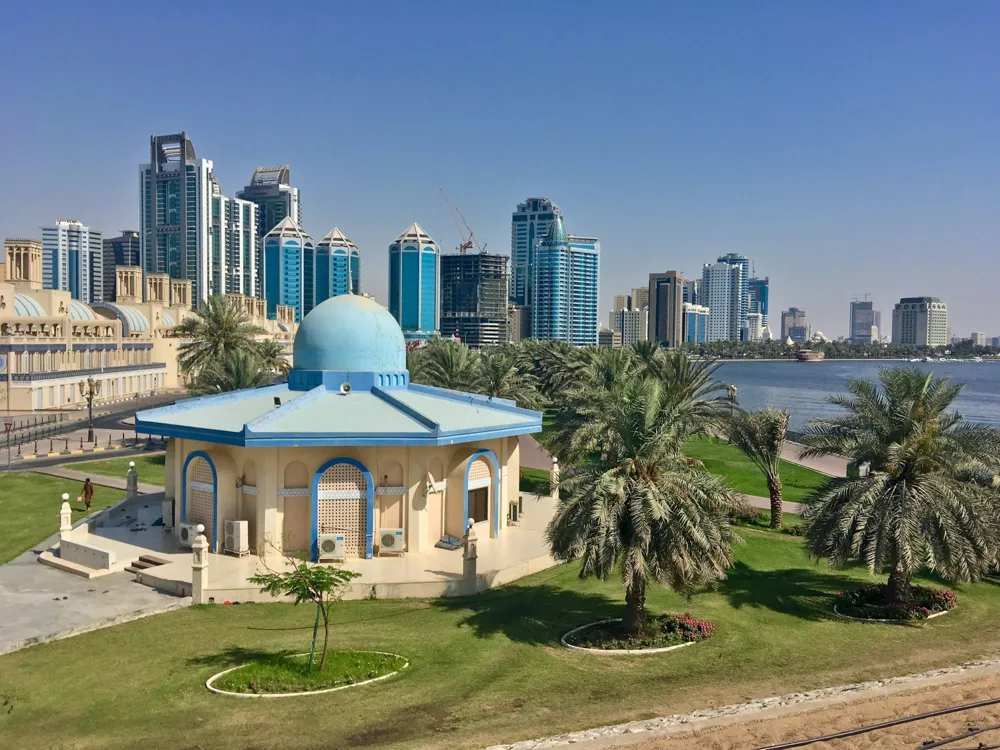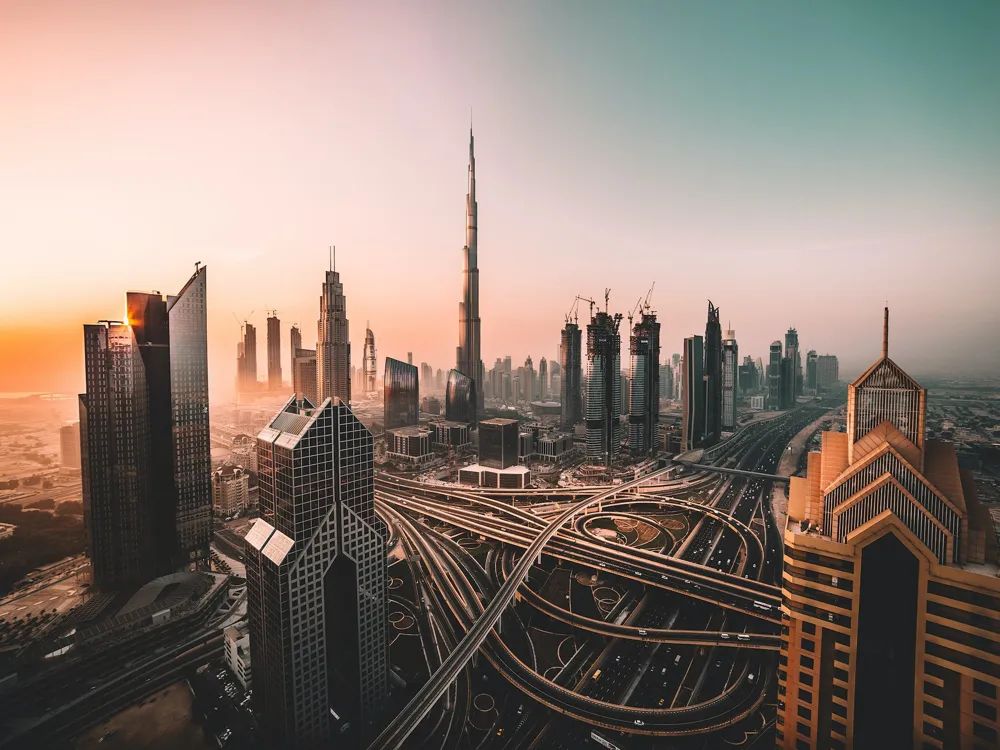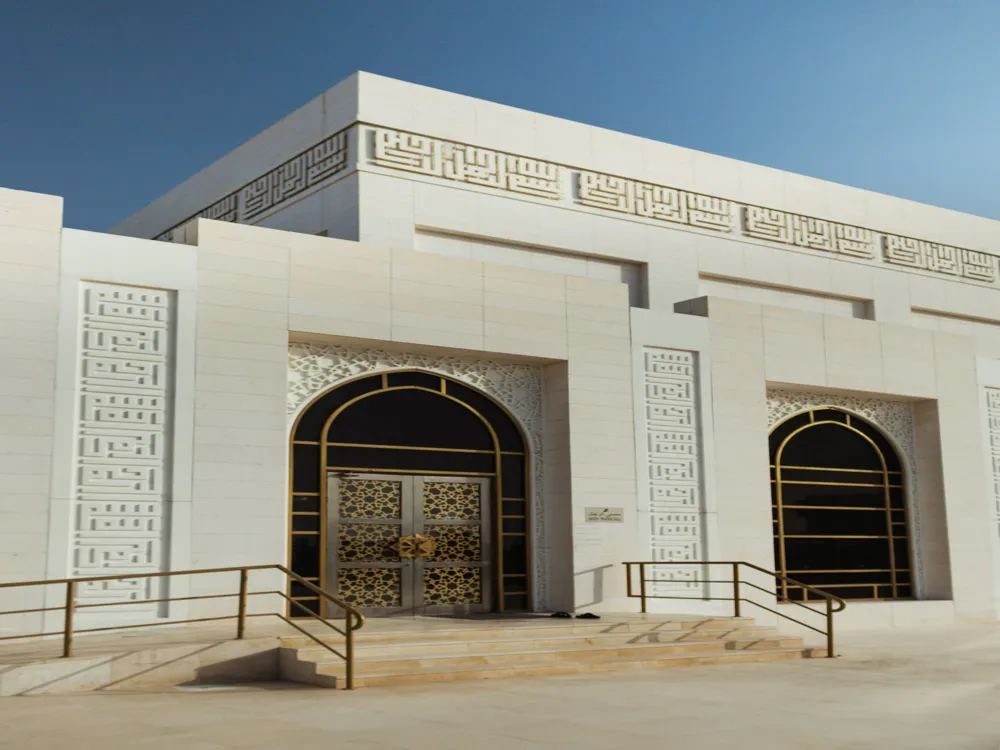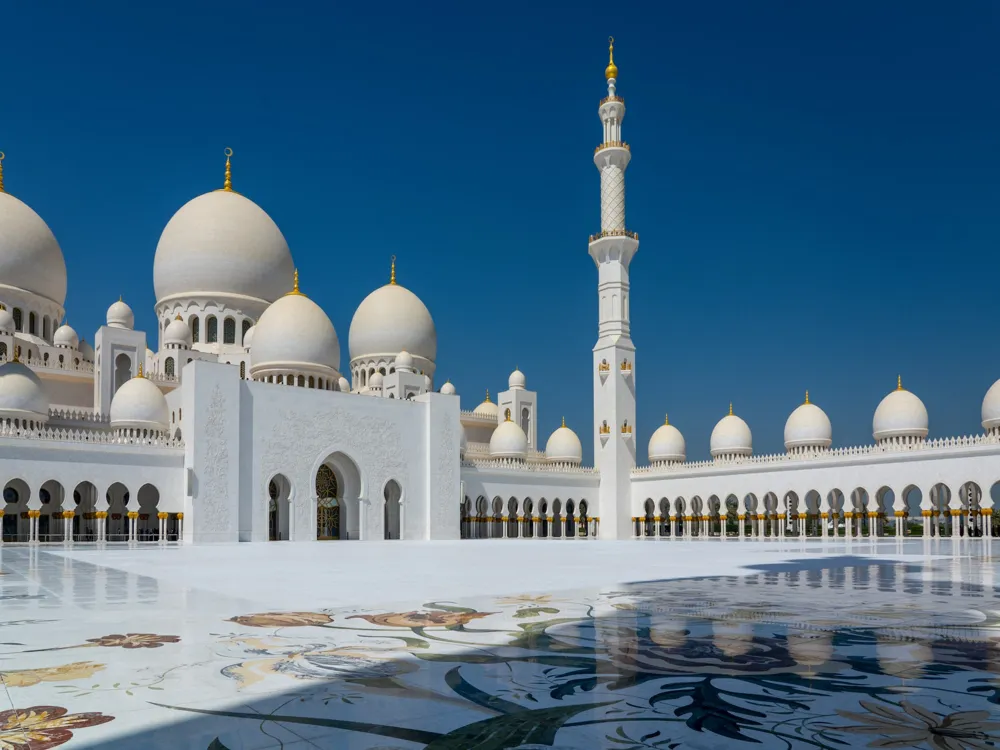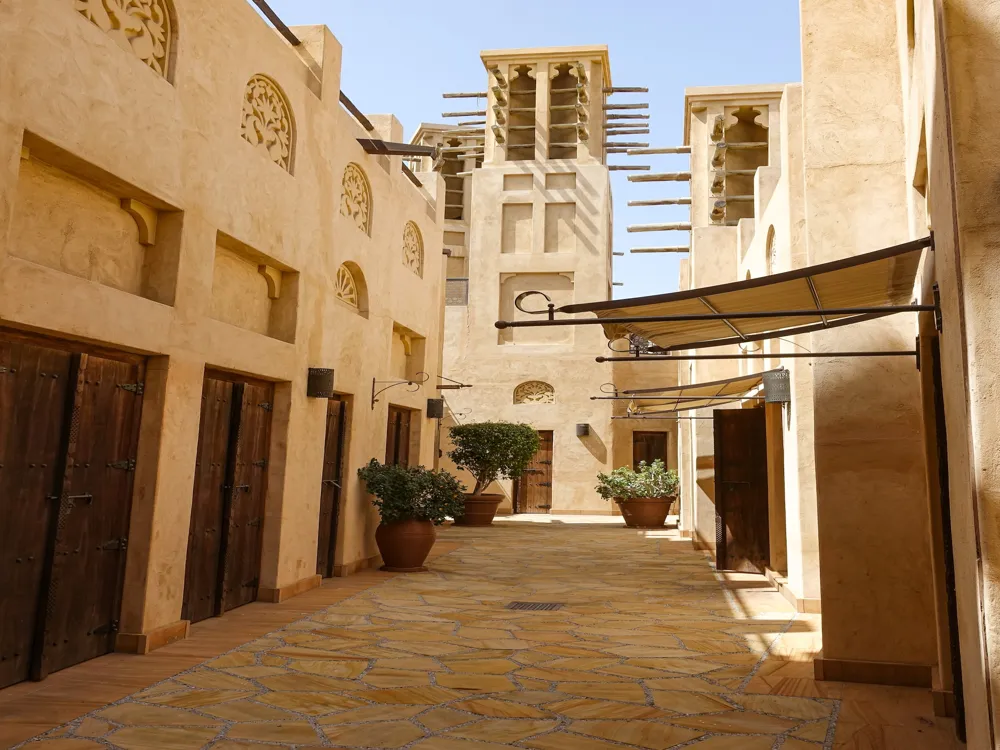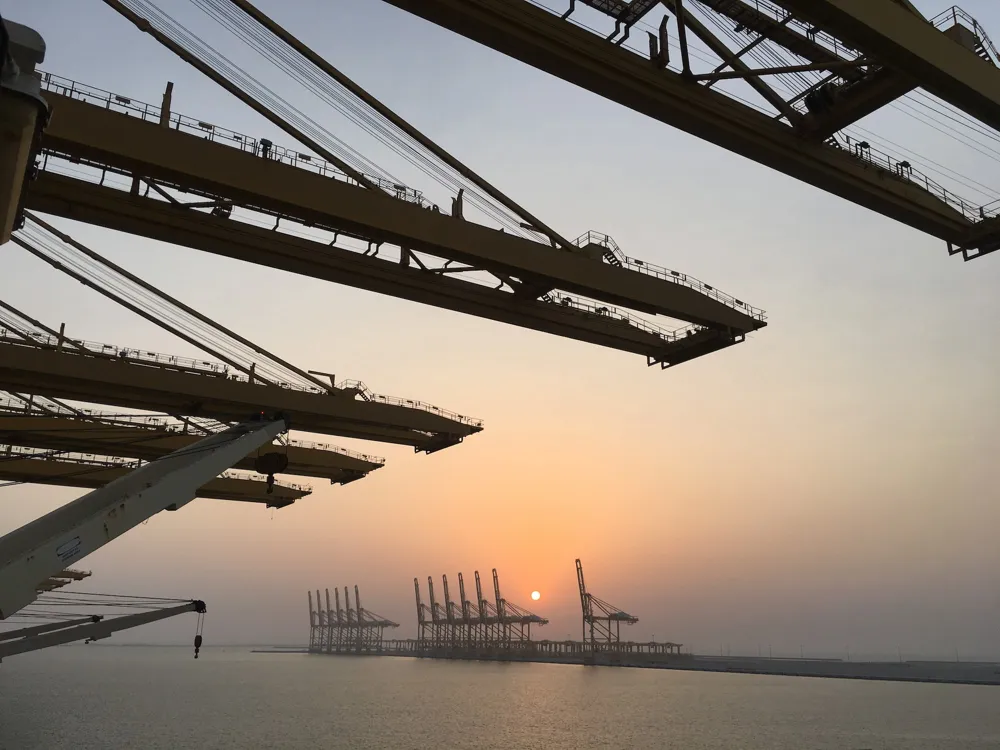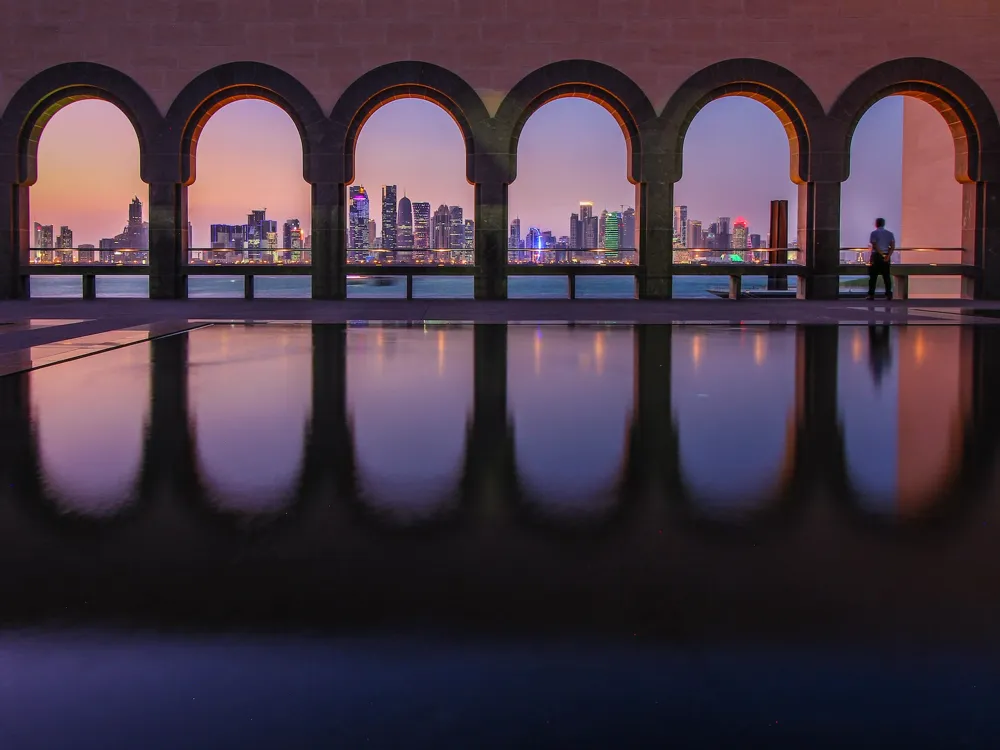Welcome to Abu Dhabi, the capital city of the United Arab Emirates, known for its captivating blend of tradition and modernity. Abu Dhabi is a city that proudly retains its Emirati heritage while showcasing awe-inspiring advancements. Its unique geographical landscape, from the tranquil beaches to the vast deserts, has shaped its culture and lifestyle. A melting pot of international influences, it's a place where you can explore bustling markets one day and luxurious malls the next, dine in both traditional eateries and high-end restaurants, and experience the warmth and hospitality that Emiratis are known for. Abu Dhabi’s journey from a humble pearl-diving settlement to a bustling, modern metropolis is as fascinating as it is rapid. This transformation has been fueled by the discovery of oil and subsequent investments in various sectors. Today, Abu Dhabi stands as a global city with a high standard of living and a strong position in the world economy. It's not just an economic powerhouse but also a cultural hub, with institutions like the Louvre Abu Dhabi and the upcoming Guggenheim Abu Dhabi drawing international attention. For those intrigued by history, Abu Dhabi offers numerous forts, palaces, and museums, each telling a story of its rich past and Bedouin traditions. The city's social fabric is diverse, hosting a large expatriate community and offering a variety of cultural experiences - from traditional falconry and camel racing to modern golf courses and Formula 1 racing. Abu Dhabi is situated on a T-shaped island extending into the Persian Gulf from the central western coast. Its arid desert climate results in hot summers and mild winters, making it a year-round destination. The city's coastal location offers beautiful beaches and a range of water-based activities, while the surrounding desert landscape invites adventures like dune bashing and desert safaris. The economy of Abu Dhabi is primarily driven by its vast oil and gas reserves, but there has been significant diversification in recent years. The government is investing heavily in tourism, healthcare, and education, with a focus on sustainable development. This economic transformation is accompanied by a vibrant social scene, characterized by a mix of traditional Arab customs and a modern, cosmopolitan lifestyle. Abu Dhabi's architecture is a spectacular fusion of traditional Arab designs and ultramodern structures. The cityscape is dotted with opulent mosques, luxurious hotels, futuristic skyscrapers, and sprawling shopping malls, each reflecting the city's rich heritage and ambitious future. One cannot discuss Abu Dhabi's architecture without mentioning the Sheikh Zayed Grand Mosque, an epitome of Islamic architecture. This architectural marvel, known for its massive size and exquisite beauty, features 82 domes, over 1,000 columns, 24-carat gold gilded chandeliers, and the world's largest hand-knotted carpet. The mosque's design blends traditional and modern Islamic architectural elements, making it a symbol of Abu Dhabi's cultural diversity and religious tolerance. Another significant aspect of Abu Dhabi's architecture is its commitment to sustainability. Masdar City, a planned city project, is a pioneer in sustainable urban development. Using renewable energy sources, it aims to become one of the world’s most sustainable cities. The skyline of Abu Dhabi is marked by impressive skyscrapers like the Capital Gate, which holds the record for the world’s furthest-leaning man-made tower. These structures are not just marvels of engineering but also represent the city's forward-thinking vision. Beyond skyscrapers, Abu Dhabi is also home to cultural landmarks like the Louvre Abu Dhabi, designed by renowned architect Jean Nouvel. The museum’s dome, a geometric lacework, creates a 'rain of light' effect, resembling the interlaced palm leaves traditionally used in Emirati roofing. Abu Dhabi's luxury hotels, like the Emirates Palace, are not just accommodations but landmarks themselves, known for their lavish designs and world-class amenities. Amidst the modern structures, traditional markets, or souks, like the Al Mina Fruit and Vegetable Souk, provide a glimpse into the city's past and offer a sensory feast with their vibrant colors, aromas, and bustling activity. Abu Dhabi is a cosmopolitan city, but it's important to respect local customs. When in public, opt for modest clothing. Traditional attire is not required, but it's appreciated if visitors dress conservatively, especially in religious sites and local neighborhoods. The best time to visit Abu Dhabi is between October and April when the weather is mild and pleasant. Summers can be extremely hot, making outdoor activities challenging. Abu Dhabi has a well-developed transportation network. Taxis are readily available, and the city's bus system is efficient and economical. For a more luxurious experience, consider renting a car or hiring a private driver. Don't miss out on local Emirati cuisine, which is a blend of Middle Eastern and Asian flavors. Popular dishes include Harees, Fattoush, and Shawarma. Abu Dhabi also offers a wide range of international dining options. Abu Dhabi is accessible by air, sea, and land. The Abu Dhabi International Airport is a major travel hub with flights connecting to cities worldwide. For those traveling regionally, road connections from neighboring countries offer an alternative. Additionally, Abu Dhabi’s cruise terminal welcomes visitors arriving by sea. Once in Abu Dhabi, the city’s modern infrastructure makes it easy to navigate. The city's central location in the UAE also makes it a convenient base for exploring other Emirates. Read More:Overview of Abu Dhabi
Geography and Climate
Economy and Society
Architecture of Abu Dhabi
Innovative Skyscrapers
Cultural Landmarks
Luxurious Resorts and Hotels
Traditional Markets and Souks
Tips When Visiting Abu Dhabi
Dress Code and Etiquette
Best Time to Visit
Transportation
Local Cuisine
How To Reach Abu Dhabi
Masdar City
Abu Dhabi
₹ 23,000 onwards
View abu-dhabi Packages
Weather :
Tags : Town
Timings : 8:30 AM - 4:30 PM (Sunday - Thursday)
Entry Fee : Free
Planning a Trip? Ask Your Question
Abu-dhabi Travel Packages
View All Packages For Abu-dhabi
Top Hotel Collections for Abu-dhabi

Private Pool

Luxury Hotels

5-Star Hotels

Pet Friendly
Top Hotels Near Abu-dhabi
Other Top Ranking Places In Abu-dhabi
View All Places To Visit In abu-dhabi
View abu-dhabi Packages
Weather :
Tags : Town
Timings : 8:30 AM - 4:30 PM (Sunday - Thursday)
Entry Fee : Free
Planning a Trip? Ask Your Question
Abu-dhabi Travel Packages
View All Packages For Abu-dhabi
Top Hotel Collections for Abu-dhabi

Private Pool

Luxury Hotels

5-Star Hotels

Pet Friendly




